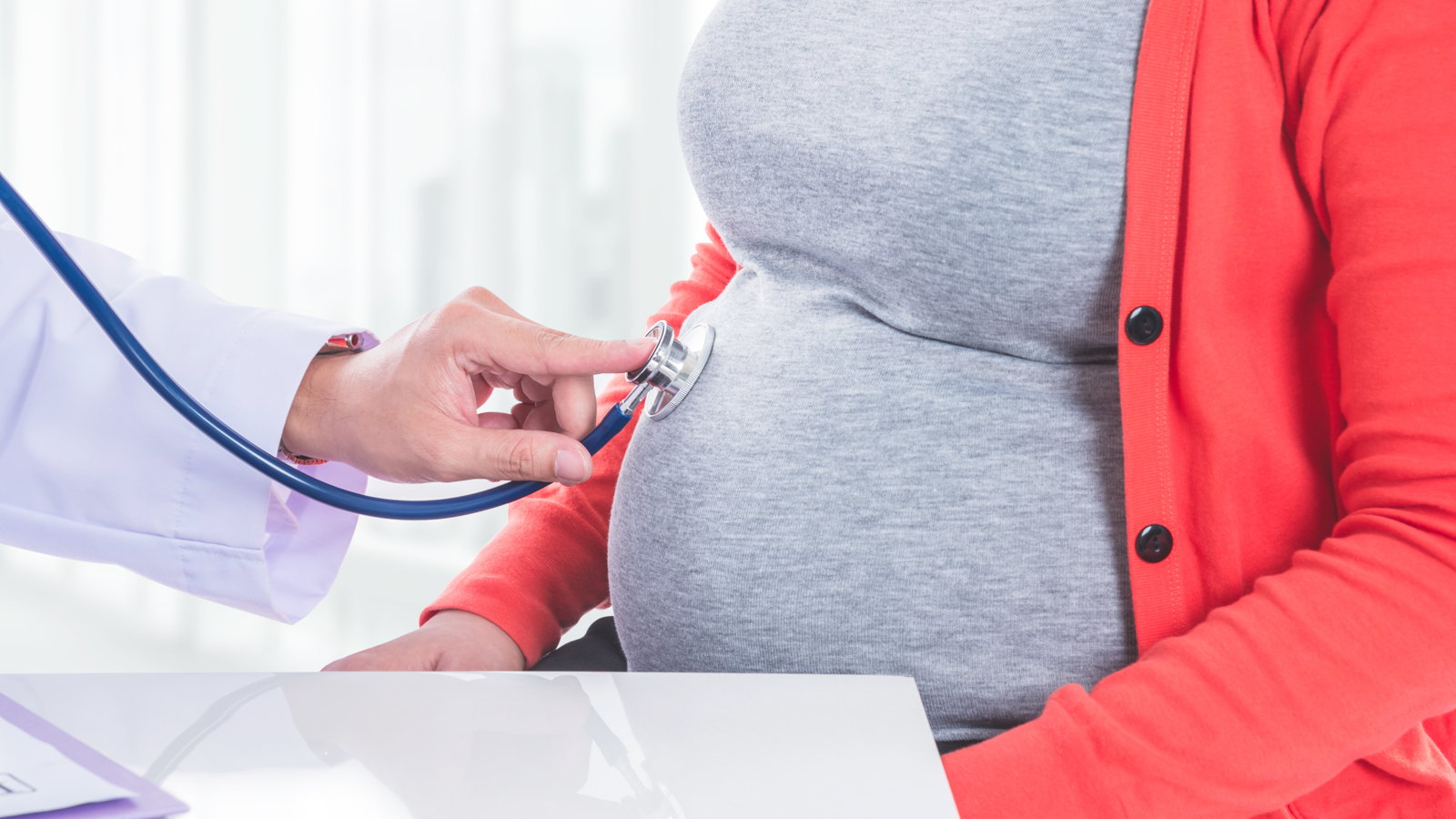
As a woman gets older, her risks for certain genetic disorders and pregnancy complications increase and fertility in general declines. Keep in mind that the age 35 is not a line in the sand for fertility or pregnancy complications, but the biological clock, so to speak, starts ticking for a lot of women at around the age of 35. This is because 35 is the age at which there is a recognized increased risk of complications for mom and baby. Certain complications are more likely to take place in women that are 35 or over than in younger women. Having a baby after 35 increases a woman’s risk of having complications including gestational diabetes, miscarriage, high blood pressure, placenta previa, multiple pregnancies, the need for a cesarean birth, and genetic disorders.
Pregnancy After 35 Risks:
Fertility Issues: Each woman is born with about 1 to 2 million eggs. Unlike men who reproduce sperm throughout their lives, women are born with all the eggs they will ever have. Each time a woman ovulates, she releases an egg. As time goes by, she will have fewer eggs available and the quality of her eggs may diminish. Because of this, a woman’s fertility will decline as she gets older. This is not to say a woman cannot get pregnant after 35. However, since age is a factor in fertility, the standard one year “wait and see” approach is not advised for a woman over thirty-five. A woman who has not conceived after six months should consult her doctor.

Miscarriage: The risk of having a miscarriage increases as a woman ages. The chance of having a miscarriage is around 15 percent for women under 35 but this risk goes up to around 20-25 percent for women over 35. The chance of miscarriage increases to as high as 50 percent once a woman turns 40.
Gestational Diabetes: Women that are over 35 are twice as likely to have problems with gestational diabetes compared to younger women.
High Blood Pressure: Women over 35 are at higher risk of having high blood pressure during pregnancy.
Placenta Previa: Placenta previa is a condition where the placenta attaches to the lower portion of your uterus instead of the upper, more muscular portion of your uterus. Women with placenta previa may not be able to have a vaginal birth and may be at risk for other complications such as hemorrhaging.
Multiple Pregnancies: Due to hormonal changes that take place as women age, older women are more likely to produce more than one egg during ovulation. This combined with the fact that older moms are more likely to use fertility treatments, increases the chance of a woman over 35 having a multiple pregnancy.
Cesarean birth: Women over 35 are more likely to need a cesarean birth for various reasons. Because women over 35 are more likely to have complications in general, this may increase the need for a C-section. Also, first-time moms that are 35 or older may dilate slower which may result in the need for a C-section.
Genetic Disorders: Women over 35 are more likely to have babies with genetic disorders. At age 30, women have a 1 in 1,000 chance of having a baby with Down syndrome; at age 35, this goes up to 1 in 400; and at age 40 it increases to 1 in 100. Older moms may consider having an amniocentesis to screen for genetic disorders.

Prenatal Care for Pregnancy After 35:
Women over 35 can decrease their risks of complications by receiving early and regular prenatal care. It is a good idea to have a preconception checkup before you start trying to get pregnant. If you are in good health going into your pregnancy, this will also help. Here are some things you can do to help you have a healthy pregnancy after 35:
Start your pregnancy at a healthy weight: Being at your ideal weight at the start of your pregnancy will help you avoid some pregnancy complications.
Stay fit and healthy during your pregnancy: Regular exercise can help you to feel better, keep you from gaining too much weight, and improve your health in general. Taking walks, swimming, or taking a prenatal fitness class are all great activities for pregnant moms.
Start taking prenatal vitamins before you get pregnant: Make sure that your prenatal vitamins have at least 400 mcg of folic acid. Your body uses folic acid to make new cells and taking folic acid before and during your pregnancy can help prevent neural tube defects.
Gain the appropriate amount of weight: Eat a healthy diet and try to stay within the guidelines your doctor gives you. Most women should gain around 25-35 lbs during their pregnancies. If you went into your pregnancy a little overweight, you will not need to gain as much. Likewise, if you were thinner at the start of your pregnancy, you may need to gain a little more.
Don’t drink alcohol or smoke: This might seem like common sense, but quitting smoking and drinking alcohol before you get pregnant will help you to conceive faster and reduce your risk of complications and birth defects. If you are not a smoker, try to avoid being around second-hand smoke as well.
